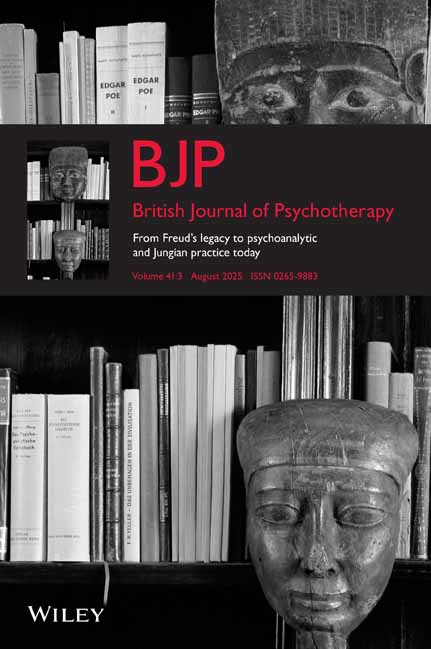ENVY REVISITED
The article is based on a paper read at the Ninth Annual Conference of the International Association of Forensic Psychotherapy, ‘On Learning from Violence’, held in association with the Massachusetts Mental Health Association and Harvard Medical School, Boston, USA, April 2000.
With special thanks to Dr Joseph Berke for taking the time to read an earlier version of this paper and for his helpful comments and constructive criticism, and to Dr Vicky Lebeau, University of Sussex, for suggesting many articles for a broader reading on the subject of envy, to complement, compare and contrast with the psychoanalytical literature. I am grateful to Dr Dianne Lefevre and her colleagues for including the original version of this paper on the reading list for the current MSc Course: ‘Studies in Psychodynamics and the Psychoses’ at South Essex Mental Health and Community Care NHS Trust, Mental Health Unit, Basildon Hospital.
Abstract
ABSTRACT This paper is a study of the concept and the affect of envy. Because of its singular dynamics, envy rarely appears in a straightforward or direct manner, so a consideration of the various ways in which envy influences interpersonal relationships is examined in relation to the consequences of early pathological attachments. A distinction between envy, jealousy and greed, and the part shame plays in relation to envious tension will be examined as well as the phenomenon of self-envy. Various theoretical models will be discussed in terms of their usefulness and application to the clinical material. Rather than seeking to alter or amend the theoretical grounds on the concept of envy, this paper focuses on the expression of envy as a form of destructive behaviour – destructive to the patient, to his objects and to the therapeutic process.




